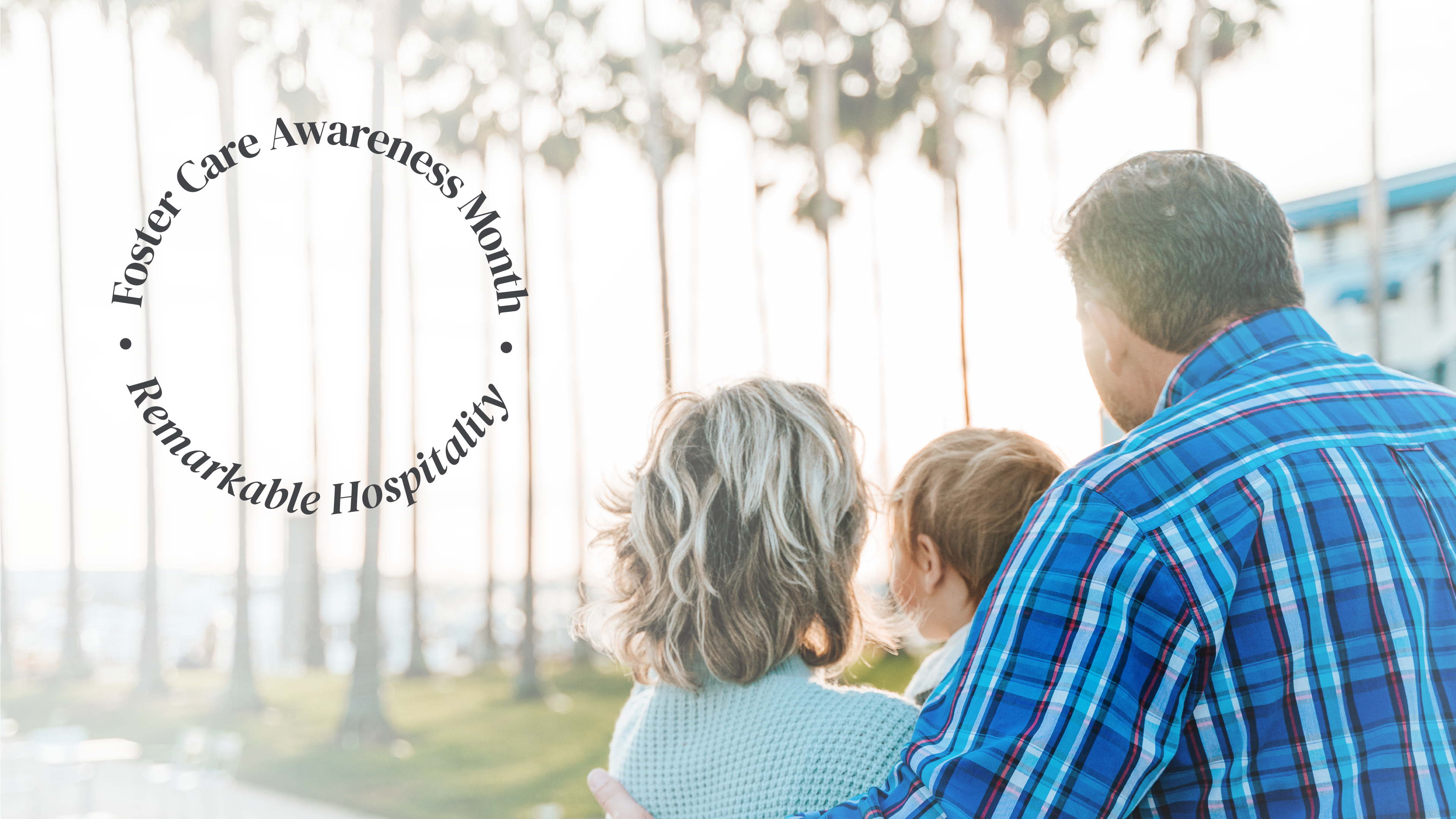Experiencing Grief
Coping with the loss of a child in care
As foster parents, you have opened your hearts and home to vulnerable children in need. Often you have welcomed a child into your home who has experienced trauma, abuse, or neglect and you have taken on the large task of teaching them to trust, love, care and become responsible or independent by patterning such behavior for them. Attachment is often inevitable. Placement changes and transitions can be heart wrenching for you, your family, and the child in care. There is no way that separation can be made easy and painless. The following however, are suggestions for making the separation as positive an experience as possible.
For the Child that is Leaving:
- Give them permission to express their feelings
- In addition to accepting a child’s feelings, help them to identify them
- Talk straight to the child about why they are leaving and where they are going
- Make a life book or souvenir box
- Share information about the child with the social worker so the best plan can be made for the child’s next placement
- Give the child permission to leave you
- Do not let the child “make” your reject them
For Your Biological Children:
- Talk straight with your own children about the move and why
- Give them permission to identify and express their feelings about the move
- Communicate the positive aspects of the change
- Allow your child to grieve
For Yourself:
- Take time to sort out your feelings and think about where they are coming from
- Allow yourself time to grieve
- Talk to someone about your feelings
- Work with the Social Worker and the family to speak about the steps of the transition
- Establish what future contact could look like
- Remember your good times and accomplishments
- Plan time for a trip or a chance to “regroup”
- Make a scrapbook of events and times spent together
- Make an album with pictures of each child you have cared for
- Start a garden in which you add a plant each time a child leaves your home in remembrance of the child
Consequences of Unresolved Grief in Foster Parents:
- Emotional distancing / unavailability
- Anger
- Guilt
- Depression and loss of energy
Who Unresolved Grief can Impact:
- New foster placement(s)
- Other foster kids in the home
- Family members – spouse, partner, children
- Self
- Other relationships
Suggestions of Helpful Things You Can Do:
- Talk about loss
- Accept help and support when offered
- Exercise moderately
- Keep a journal
- Be attentive to maintaining healthy eating and sleep patterns
- Read
- Listen to music
- Seek spiritual support
- Be patient with yourself
How to Support Others Who are Grieving
- Be a good listener
- Let them feel sad
- Do not minimize grief
- Do not be judgmental
- Ask about their feelings
- Acknowledge the pain
- Be available when you can
- Talk openly and honestly about the situation unless the person does not want to
You know you are recovering when…
- You can laugh and enjoy being with others
- Taking care of yourself is not only O.K., but it feels good
- The future is not so frightening
- You can handle special days without falling apart
- You want to reach out to others in need or pain
- You now enjoy activities that you had given up
- You can share humorous memories without crying
- Your emotional roller coaster is slowing down
- You can actually see the progress you’ve made
Caution: Don’t get alarmed if you’re suddenly feeling the pain of grief again, this doesn’t mean you are regressing, these feelings will come up from time to time when you least expect them.
Additional Resources
Podcasts
The Forgotten Initiative: Saying Good Bye: Navigating Reunification as a Foster Parent
Offers thoughtful insights and practical tools to guide children through hard goodbyes with honor and intentionality.
The Forgotten Initiative: Good Grief: Navigating Loss in Foster Care
In foster care, we know we will be met by loss. God does not ask us to see our losses or our child’s losses as good. It’s not about minimizing our loss, and still, our perspective on grief matters.
The Forgotten Initiative: Walking Through Grief with Hope
A child’s foster care journey begins with loss, loss of what they know, who they love, and all that is familiar. Grief follows right behind and exhibits itself in various ways. As a foster parent, you and those close to you are also well-acquainted with loss and grief as the very nature of your role is to love and let go.
Books
A Grief Observed, C.S. Lewis
An honest reflection on the fundamental issues of life, death, and faith in the midst of loss.
The Goodbye Book, Todd Parr
Through the lens of a pet fish who has lost his companion, Todd Parr tells a moving and wholly accessible story about saying goodbye. Touching upon the host of emotions children experience, Todd reminds readers that it’s okay not to know all the answers, and that someone will always be there to support them. An invaluable resource for life’s toughest moments.
In My Heart, Jo Witek and Christine Roussey
Happiness, sadness, bravery, anger, shyness . . . our hearts can feel so many feelings! Some make us feel as light as a balloon, others as heavy as an elephant. In My Heart explores a full range of emotions, describing how they feel physically, inside, with language that is lyrical but also direct to empower readers to practice articulating and identifying their own emotions.



